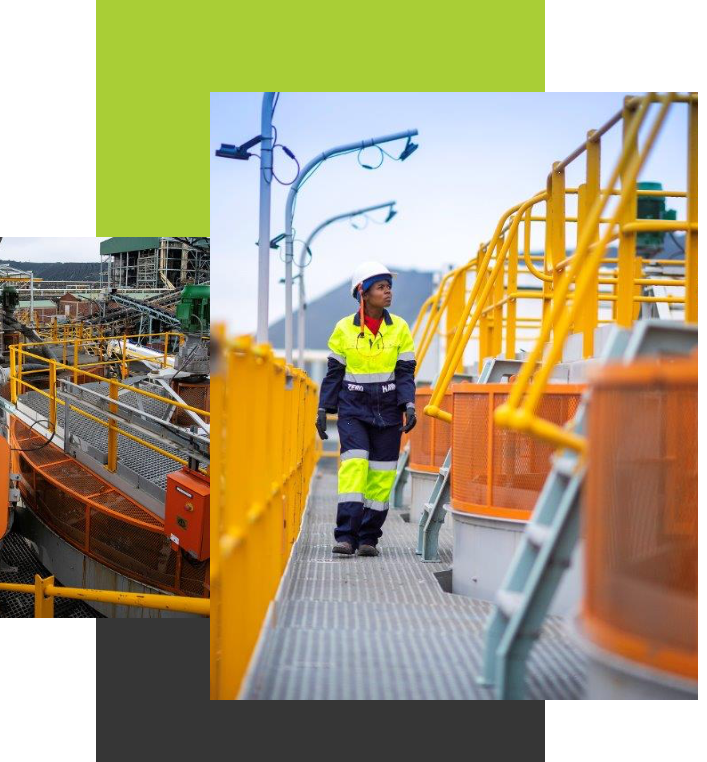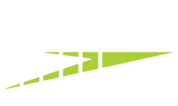Career Choices
This is our Ekapa way of life.

Careers in the Mining and Minerals Sector
Planning your career is much like planning a journey with several pit-stops along the way. You need to decide on your destination – your career choice. And what to pack in your suitcase – your skills, qualifications, experience, etc. You also need to decide which route you are going to take. Your career route is unlikely to follow a straight line between where you are now and where you want to be in future. Unexpected things happen along the way, and you may have to adjust your plans before reaching your career destination. If you are considering a career in the Mining and Minerals Sector, we have compiled this guide to assist you in planning for such a journey.
Start planning your career today!
How to Make a Career Choice in the Mining and Minerals Sector
Step 1: Know yourself
Do not expect to know what you want to do until you know yourself. The first step in realising your career dreams and achieving job satisfaction is to have a detailed picture of your desires, goals, strengths and weaknesses. This should provide clear guidance as to what you could pursue as a possible career.
Self-knowledge is developed through:
- Intensively thinking about yourself.
- Conversations with relatives, friends, and contacts.
- Psychometric tests conducted by a psychologist.
To develop a better understanding of yourself, simply ask yourself the following questions:
- What are my skills and abilities?
- Which of these skills and abilities are most prominent?
- What are my strengths and weaknesses?
- Which subjects am I taking at school?
- How am I doing in my subjects?
- What activities do I enjoy most?
- Would I prefer working on my own or as a member of a team?
- How will I get along with my supervisor and my co-workers?
- What kind of people would I like to work with?
- Do I prefer to work indoors or outdoors?
- What would give me career satisfaction?
- In what type of work environment would I be happy?
- What personal qualities do I possess that will help me in the career I choose?
- How do I deal with high-pressure situations?
- How will my personality influence my career choice?
Step 2: Identify career options
While gathering information and researching careers, you will need to start identifying your options. Career options entail obtaining knowledge about different types of careers:
- The type of work in different careers.
- The salary and benefits of different careers.
- The type of person who will fit the specific occupation.
- Subjects required.
- Personal characteristics required.
Some information sources that you can use to obtain career information include:
- Reading career magazines/books/career supplements in newspapers.
- Attending career exhibitions.
- Consulting a career guidance counsellor.
- Visiting workplaces.
- Talking to employees.
- Talking to employers.
- Visiting your nearest career information centre (universities, universities of technology and FET colleges)
- Contacting professional societies.
- Contacting the Department of Labour.
- Browsing the internet.
- Browsing the Mining Qualifications Authority (MQA) website.
- Reading advertisements.
Step 3: Evaluate career options
Once you have completed your research, evaluate the career options you have identified:
- Identify what additional resources and information you will need.
Questions you should ask yourself at this point are:
- What are my options as far as my career is concerned?
- Are there any areas of work or careers I have a specific interest in?
- What other types of jobs or careers should I be considering?
Step 4: Select one of the career options
Based on the information you have gathered and analysed, you should now be able to select one of the career options. Career choice is a process. It starts when you are very young and continues your entire working life. It is an ongoing investment in who you are and how you fit into the world of work.
How to make the right choice:
- Match your specific characteristics with a specific career.
- Choose a career path that has different options and opportunities.
- Ask yourself why you have chosen the particular career.
- Try to obtain exposure to the career, for example vacation work, voluntary work or an internship.
- Is there an economic demand for your chosen career?
Talk to a career guidance counsellor about the following points:
- Self-knowledge.
- Planning a career.
- Subject choice.
- Academic planning skills.
- CV writing.
Step 5: Design an action plan
You can now begin to develop and implement a plan of action. Ask yourself:
- What information or resources do I need to execute my plan of action?
- Are there any obstacles in pursuing my career decision and how can I overcome them?
- What steps should be taken to implement my career decision?
